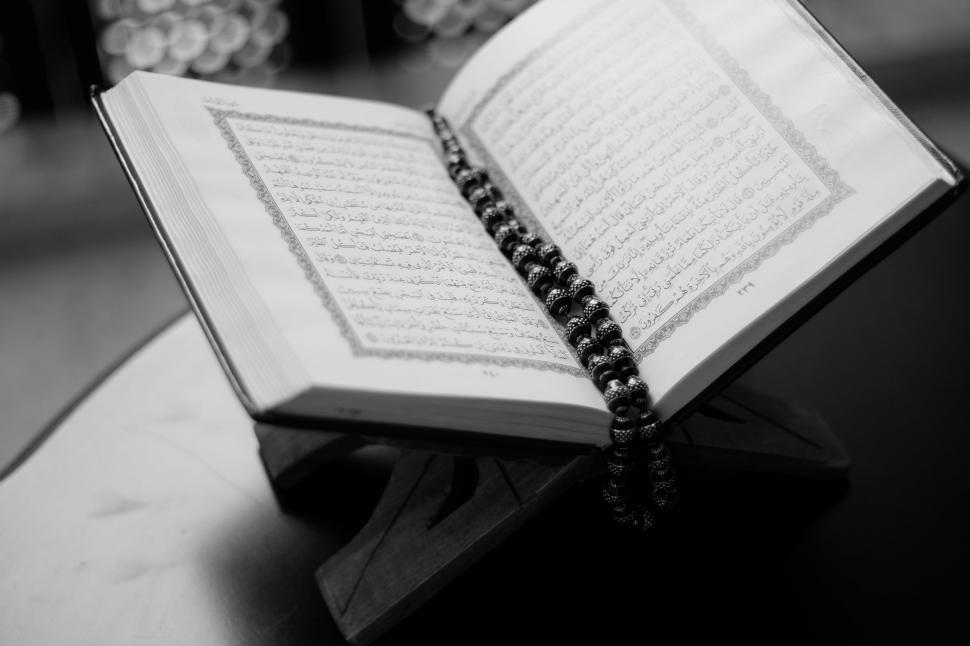
The Five Pillars of Islam are fundamental practices that hold great significance in the Islamic faith. They include:
- Shahada
- Salah
- Zakat
- Sawm
- Hajj
The Five Pillars of Islam are essential practices for Muslims:
- Shahada (Faith):
- The declaration of belief in one God (Allah) and His messenger (peace be upon him).
- Salah (Prayer):
- The obligation for every Muslim to perform ritual prayers five times a day throughout their life.
- Zakat (Almsgiving):
- The practice of donating a portion of one’s wealth to those in need at various times in life.
- Sawm (Fasting):
- The observance of fasting during the holy month of Ramadan.
- Hajj (Pilgrimage):
- The sacred journey to Mecca that every Muslim must undertake at least once in their lifetime, provided they have the means to do so.
What do the Five Pillars of Islam signify?
The Five Pillars of Islam are essential practices that every Muslim is required to observe throughout their life. They are called “pillars” because they serve as the foundation of a Muslim’s faith and daily living. The Five Pillars include Shahada, Salah, Zakat, Sawm, and Hajj.
Why are the Five Pillars of Islam significant?
The Five Pillars work together to embody the essence of Islam as a religion of peace and submission to Allah SWT in the lives of every Muslim:
The core belief in monotheism and the acknowledgment of Prophet Muhammad (peace be upon him) as the final messenger of Allah is central to Islam. Reciting the Shahada (shahadah) during daily prayers serves as a reminder of this fundamental faith.
Salah (salat) is performed five times a day, providing numerous opportunities to remember Allah SWT and reflect on our purpose in worshiping Him.
During the month of Ramadan, Muslims are required to abstain from basic needs and desires—such as food, drink, and intimate relations—each day. This practice of Sawm helps individuals gain control over their urges and fosters good conduct while deepening their connection to Allah SWT.
While Sadaqah (charity) is highly encouraged in daily life, Zakat (almsgiving) is an obligatory practice performed annually, ensuring the redistribution of wealth to those in need.
In the Hajj (pilgrimage), Muslims don simple garments and engage in the same rituals of devotion to Allah. This experience highlights the equality of all individuals before God, devoid of worldly distinctions.


